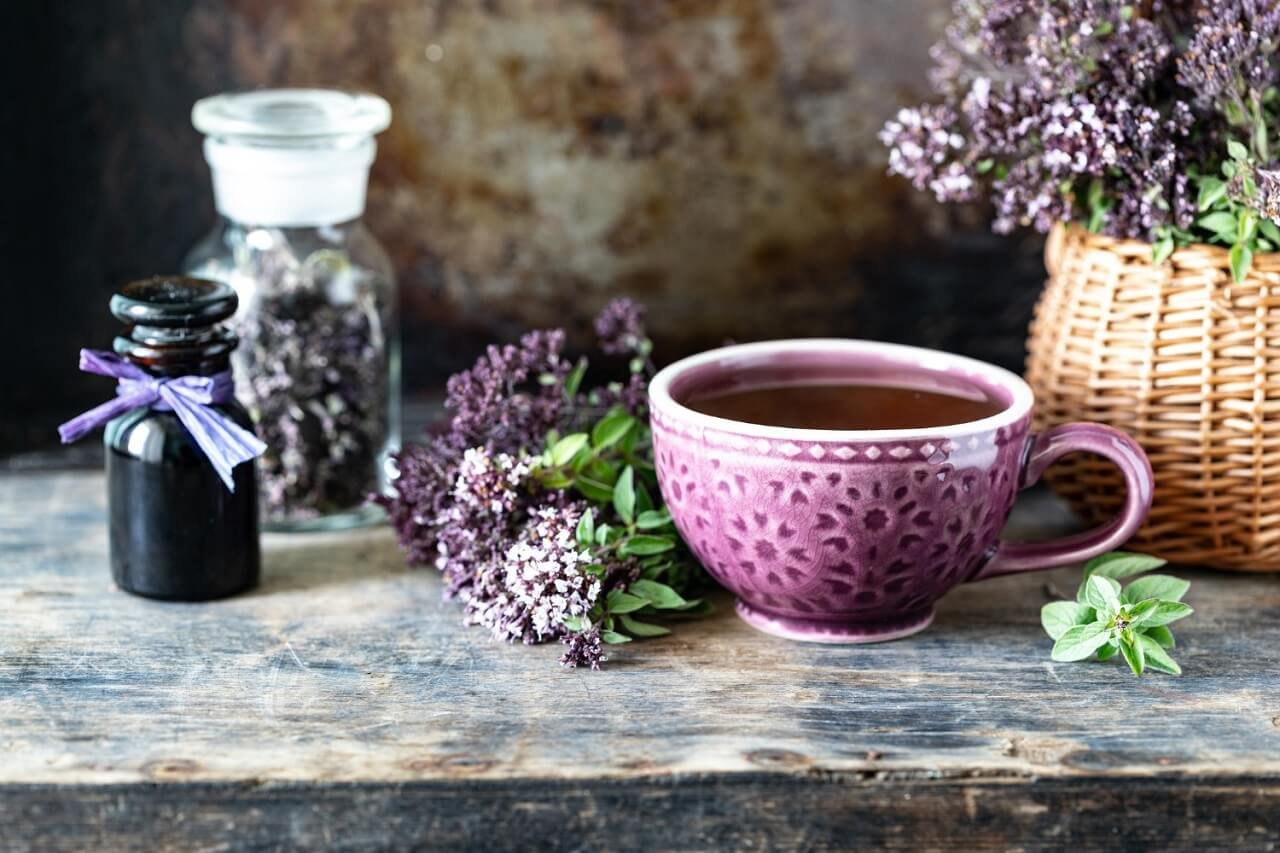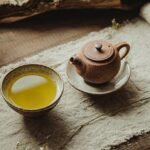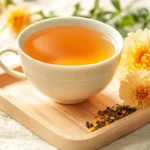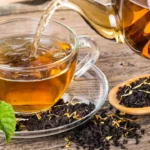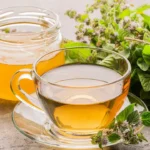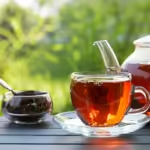Table of Contents
Lavender tea, known for its soothing aroma and calming properties, has gained immense popularity as a natural remedy for various ailments. While many people enjoy its benefits, it’s crucial to understand the potential side effects before incorporating it into your daily routine. This article will explore the lavender tea side effects, delve into its numerous benefits, and provide a simple yet delicious lavender tea recipe.
Understanding Lavender Tea
Lavender tea is made from the dried flowers of the lavender plant, primarily Lavandula angustifolia. This herbal tea has been used for centuries in traditional medicine, particularly in European cultures, for its calming effects and potential health benefits. The tea is not only fragrant but also packed with antioxidants and essential oils that contribute to its unique properties.
Lavender Tea Benefits
Before discussing the side effects, let’s highlight some of the well-known benefits of lavender tea:
- Promotes Relaxation and Reduces Anxiety Lavender tea is famous for its calming effects. The scent of lavender has been shown to reduce anxiety levels and promote relaxation. Drinking lavender tea can help alleviate stress after a long day, making it an ideal beverage for winding down.
- Improves Sleep Quality Many people struggle with insomnia or have trouble falling asleep. Lavender tea can help enhance sleep quality by calming the mind and body. The soothing effects of lavender can create a peaceful atmosphere, making it easier to drift off into a deep slumber.
- Supports Digestive Health Lavender tea may aid in digestion by alleviating symptoms such as bloating and gas. Its antispasmodic properties can help soothe the digestive tract, making it a beneficial drink for those with digestive issues.
- Anti-Inflammatory Properties The antioxidants present in lavender tea can help reduce inflammation in the body. This can be particularly beneficial for individuals suffering from chronic pain conditions or inflammatory diseases.
- Rich in Antioxidants Lavender tea is a good source of antioxidants, which play a vital role in protecting the body from oxidative stress. Antioxidants help neutralize free radicals, reducing the risk of chronic diseases and promoting overall health.
- Potential Skin Benefits Lavender has been used in traditional medicine for its potential skin benefits. Drinking lavender tea may help improve skin conditions such as acne and eczema due to its anti-inflammatory and antimicrobial properties.
- Boosts Mood The calming effects of lavender can also contribute to a more positive mood. Regular consumption of lavender tea may help alleviate symptoms of depression and promote overall emotional well-being.
👉 Relax Instantly with This Premium Lavender Tea! 👈

Lavender Tea Side Effects
While lavender tea offers many benefits, it’s essential to be aware of its potential side effects. Here are some important considerations:
1. Allergic Reactions
Some individuals may be allergic to lavender or its essential oils. Symptoms of an allergic reaction may include skin irritation, itching, or respiratory issues. If you experience any of these symptoms after consuming lavender tea, it’s best to discontinue use and consult a healthcare professional.
2. Hormonal Effects
Lavender has been noted for its potential hormonal effects, particularly in young boys. Some studies suggest that lavender oil can cause breast development in prepubescent boys, a condition known as gynecomastia. While this has primarily been linked to topical applications of lavender oil, it’s wise for parents to monitor their children’s herbal tea consumption.
3. Sedative Effects
While the sedative properties of lavender can be beneficial for promoting relaxation, they can also lead to excessive drowsiness in some individuals. If you’re planning to drive or operate heavy machinery, it’s advisable to avoid lavender tea before engaging in these activities.
4. Interactions with Medications
Lavender tea may interact with certain medications, particularly those that cause drowsiness or have sedative effects. If you’re taking medications such as benzodiazepines, barbiturates, or other sedatives, consult your healthcare provider before adding lavender tea to your routine.
5. Stomach Issues
In some cases, excessive consumption of lavender tea can lead to stomach upset or gastrointestinal discomfort. It’s important to consume lavender tea in moderation to avoid any adverse digestive effects.
6. Not Suitable for Pregnant or Nursing Women
Pregnant and nursing women should exercise caution when consuming lavender tea, as its effects on pregnancy and lactation are not well-studied. It’s always best to consult with a healthcare provider before introducing new herbal teas during this time.
7. Potential Skin Sensitivity
For individuals with sensitive skin, lavender tea may cause irritation when applied topically or used in bath products. Always perform a patch test when trying new lavender products on the skin.
👉 Discover the Best Lavender Tea for Peaceful Nights! 👈
Lavender Tea Recipe

If you’re ready to enjoy the soothing benefits of lavender tea, here’s a simple lavender tea recipe you can try at home:
Ingredients:
- 1 tablespoon dried lavender flowers (food grade)
- 1 cup boiling water
- Honey or lemon (optional)
Instructions:
- Prepare the Lavender: Measure out one tablespoon of dried lavender flowers and place them in a tea infuser or teapot.
- Boil Water: Bring one cup of water to a rolling boil.
- Steep: Pour the boiling water over the lavender flowers and let them steep for about 5-10 minutes, depending on how strong you like your tea.
- Strain: Remove the lavender flowers by straining the tea into a cup.
- Flavor (Optional): Add honey or lemon to taste, if desired.
- Enjoy: Sip your lavender tea and relax!
👉 Sip the Calm with Top-Rated Lavender Herbal Tea! 👈
Conclusion
Lavender tea is a delightful herbal beverage that offers numerous health benefits, including relaxation, improved sleep quality, and digestive support. However, it’s essential to be aware of the lavender tea side effects and consume it mindfully. By understanding both the advantages and potential drawbacks of lavender tea, you can make informed decisions about incorporating it into your routine. Enjoy the calming experience of lavender tea, but remember to listen to your body and consult a healthcare professional if you have any concerns.
